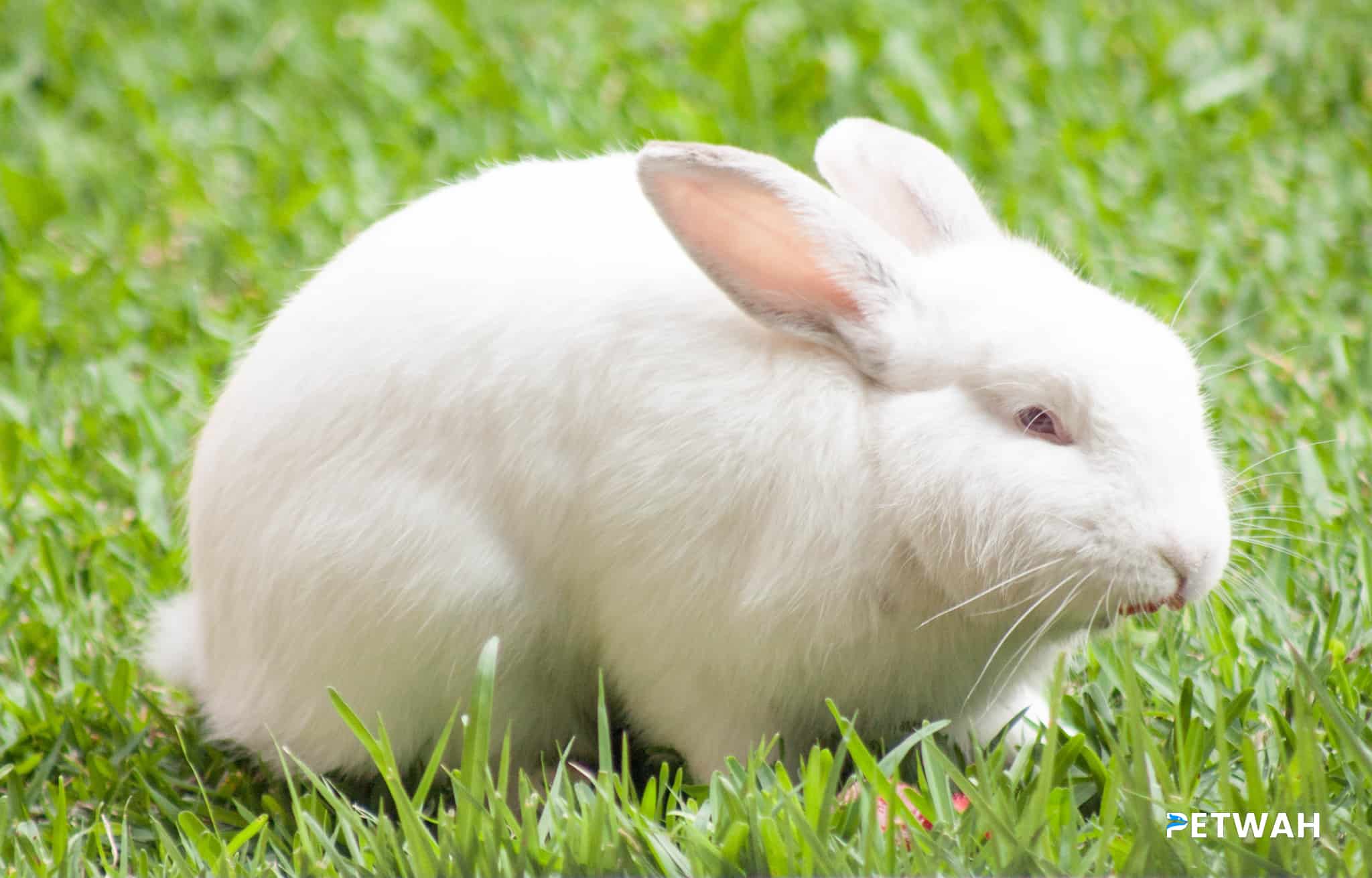If you’re a devoted pet owner, then you know that caring for a pet can come with its fair share of challenges. One of the most common health issues that rabbits can face is a parasitic infection. Parasites can infect rabbits of all ages and can cause a variety of health problems, from minor irritation to severe illness. As a responsible pet parent, it’s important to be aware of the signs of parasitic infections and to take action as soon as possible. In this comprehensive guide, we’ll discuss everything you need to know about parasitic infections in rabbits, including how to recognize the symptoms, how to treat the infection, and how to prevent future outbreaks.
Parasitic infection in rabbits can be a serious and sometimes fatal condition. It is important for rabbit owners to be aware of the signs and symptoms of parasitic infection and know how to treat and prevent it. In this guide, we will cover everything you need to know about parasitic infection in rabbits, including its causes, symptoms, diagnosis, treatment, and prevention.
Causes of Parasitic Infection in Rabbits
Rabbits can become infected with parasites in a number of ways. They can ingest parasite eggs or larvae through contaminated food, water, or bedding. Parasites can also be transmitted through direct contact with infected animals or by insects such as fleas, mites, and ticks.
Symptoms of Parasitic Infection in Rabbits
The symptoms of parasitic infection in rabbits can vary depending on the type of parasite and the severity of the infection. Some common symptoms include diarrhea, weight loss, loss of appetite, lethargy, and anemia. Rabbits with severe infections may also develop neurological symptoms such as seizures and paralysis.

Diagnosis of Parasitic Infection in Rabbits
To diagnose parasitic infection in rabbits, a veterinarian will perform a physical examination and may also recommend blood tests, fecal exams, or imaging tests. A fecal exam can help identify the type of parasite and determine the best course of treatment.
Treatment of Parasitic Infection in Rabbits
The treatment of parasitic infection in rabbits will depend on the type of parasite and the severity of the infection. Some common treatments include anti-parasitic medications, antibiotics, and supportive care such as fluid therapy and nutritional support. It is important to follow your veterinarian’s instructions closely and continue treatment until the infection is fully resolved.
Prevention of Parasitic Infection in Rabbits
Preventing parasitic infection in rabbits involves good hygiene practices, regular veterinary check-ups, and parasite control measures such as flea and tick prevention. It is also important to provide your rabbit with a clean and healthy living environment and a balanced diet to help support their immune system.
Overall, parasitic infection in rabbits can be a serious and potentially life-threatening condition. By being aware of the signs and symptoms of parasitic infection, seeking prompt veterinary care, and taking steps to prevent infection, you can help keep your rabbit healthy and happy.
In conclusion, parasitic infections in rabbits are not something to be taken lightly. It is important to be aware of the symptoms and signs of parasitic infections in rabbits, and to take action if you suspect that your pet rabbit is suffering from one. Remember, prevention is key, so make sure to follow the tips mentioned in this guide to keep your rabbit healthy and free from parasites. With the right care, treatment, and prevention, you can help your furry friend live a happy and healthy life.
Please follow us on Social Media





.jpg)

.jpg)
